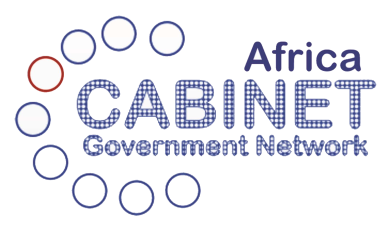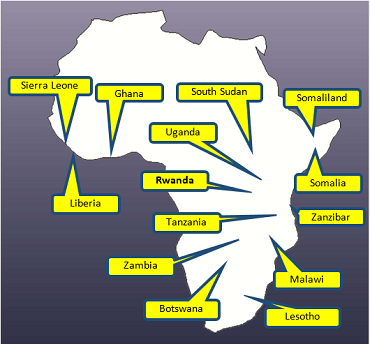Reasons Why the Network has Been Established
Over recent years many Governments have taken practical steps to strengthen their Cabinet systems in order to improve the coherence of decision-making.
These steps include the establishment of central strategy units, setting up delivery or implementation units, procedural changes to improve the quality of proposals and building the capacity of line ministries to participate in the Cabinet process.
Such steps have been taken by both developed and developing countries.
Even nations with well-developed Cabinet systems, such as the UK and Australia, have been reassessing the role and capacity of central agencies to adequately coordinate policy development and implementation. While circumstances vary greatly between countries in terms of government systems, institutional cultures and capacities, there is a remarkable degree of commonality in the challenges and responses. Some countries are well down this track in reforming their Cabinet systems; others are still at the starting line.
This trend reflects increased expectations of most Cabinet systems.
Cabinets, and the central agencies supporting them, are now expected to anticipate upcoming opportunities and threats, set strategic level priorities across government, develop ‘whole-of-government’ responses to a growing number of cross-cutting policy issues and phase complex reform agendas. Governments are increasingly facing cross cutting issues, such as responding to global epidemics, complex trade negotiations that affect many portfolios and international proposals to tackle climate change, as well as responding to terrorist threats and, in many countries, alleviating poverty. As the complexity of problems such as poverty becomes better understood, governments are also tackling increasingly ambitious reforms, seeking to bring about fundamental shifts across a wide range of indicators and policy areas.
The need to improve collective decision-making is often greatest in conflict affected states, where coherent decisions are not just needed to handle policy complexities, but more fundamentally to build national unity.
Collective decision-making is most difficult in coalition governments where there is actual or potential tension between the governing parties or interests. Dividing up portfolios between the coalition parties just adds to the difficulties of reaching coherent decisions on priorities that cut across not only sectoral, but also coalition boundaries.
As a result of this broader trend, many African Cabinet Secretaries are interested in collaborating to improve the procedures and capabilities of the collective decision-making processes they manage.
This interest has been sparked by:
- Recognising there are common challenges facing many Cabinet systems, especially to ensure that Cabinets take a more strategic approach to cross cutting issues, and do not remain bogged down, reacting to routine issues;
- Common problems Governments face in getting their decisions implemented, often arising from: (a) ‘bad’ decision-making, based on inadequate evidence and analysis of implications and implementation requirements, and/or (b) poor follow-up, with ineffective central mechanisms for supporting, monitoring and driving implementation of decisions;
- The poor quality of many policy proposals submitted to Cabinets, as a result of limited policy development capacity, failure to use evidence and/or the narrow focus of sector ministries;
- Common challenges in updating and/or enforcing procedural rules, in order to make efficient use of Cabinet members’ time, to ensure that Cabinet discussions are focused on strategically important issues and, most importantly, to reach sound evidence-based decisions that can be implemented;
- Problems that some Cabinet secretariats currently have in getting help, because of the understandable reluctance of many Governments to allow foreign experts access to their internal decision-making processes and the specialised nature of the expertise required; and
- The perceived benefits of peer support and information sharing (either as an alternative or complement to donor-driven technical assistance), especially given the specialised and sensitive role played by Cabinet Secretaries in many countries.

